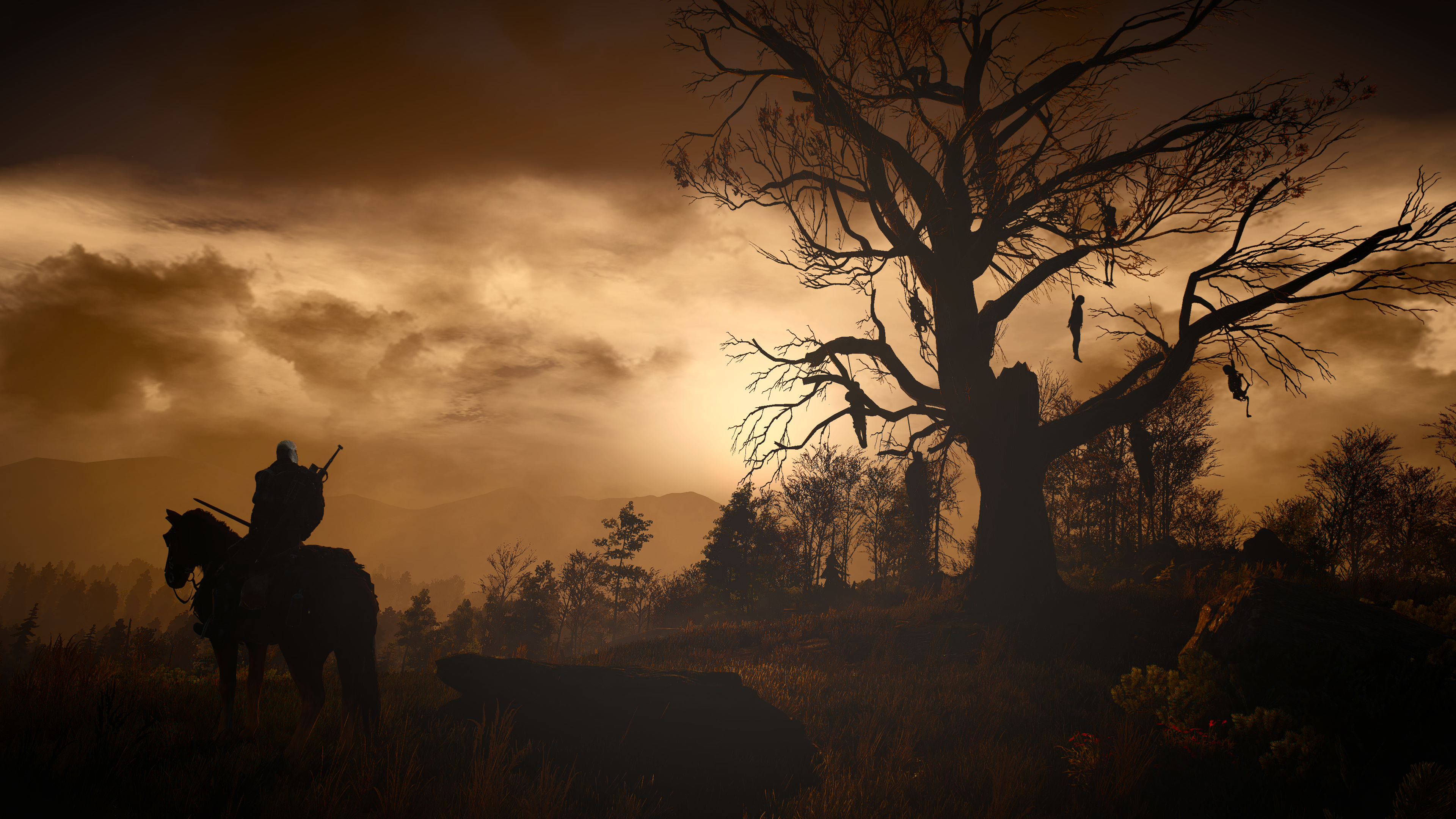Saw [2004]
Director: James Wan
Actor: Danny Glover, Ken Leung, Cary Elwes, Tobin Bell
This movie got a lot of hype on this website before it came out in the United States, and I was very eager to see it. Having seen it, I was satisfied for what it was, though not as satisfied as I expected I would be. Don’t get me wrong, good film, and definitely worth the price of admission, but it’s no Se7en, although it does have that very same atmosphere.
I used to watch anything with a serial killer in it. Millenium, Profiler, Kiss the Girls (also starring Elwes, by the way), and more of the sort. This film fits really well; serial killer mastermind sets up an elaborate way for his victims to kill themselves, presenting them with death or a horrible alternatives to death, from which they can pick themselves (much like Se7en). Two men find themselves locked in a dirty public bathroom, chained to rusted pipes, with one assignment; kill the other before the clock strikes n, or be killed.
I thought the cinematography was really very good – especially for a relatively inexperienced director – and the mood was set very well. Acting-wise it wasn’t the best performance I’ve seen, but not terrible.
